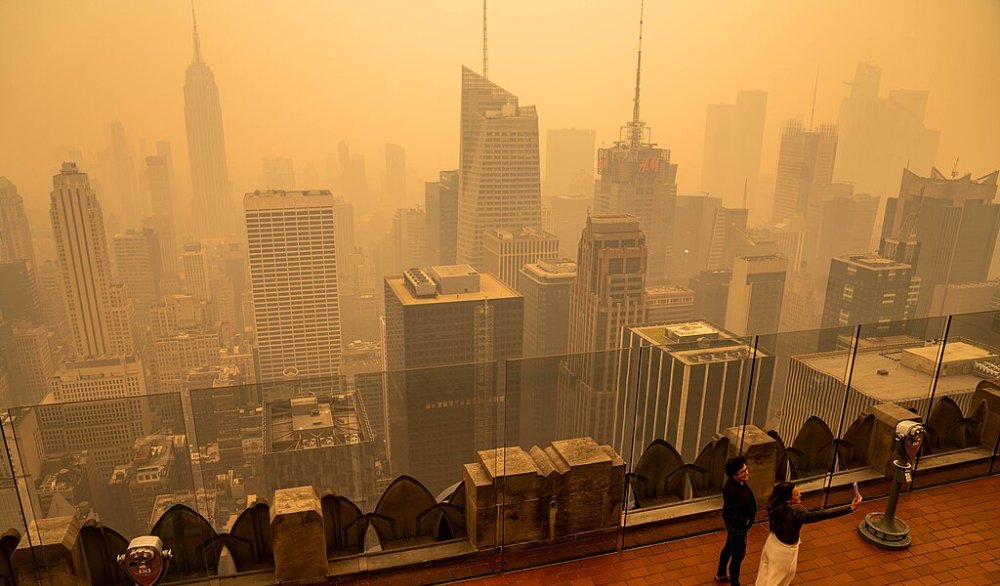The year 1968 was a hard period in America. The assassinations of Martin Luther King and Robert Kennedy rocked us, and the riots and fires that followed on the streets of cities, including Washington D.C., made it seem like an all-out revolution or civil war might come.
The ongoing and excruciating news from the war in Vietnam hit hundreds of thousands of American families in their guts. The Tet Offensive, the riotous Democratic convention in Chicago, and the election of Richard Nixon all worked to tear the country apart. We were a deeply divided nation.
Divided — but most of us knew which side we were on. We were for the War or against it, for integration or against it, for police crackdowns or against them, for Nixon or against him, for youth and new music or against them. We had our toeholds, and we were deeply divided and entrenched.
The thing we all shared was the belief that we were right in our convictions and positions. We had evidence to back them up. Vietnam would fall to the communists, and then Laos and Cambodia and a string of dominoes, or Vietnam was a quagmire we had inherited from France. The National Guard rightfully came to enforce integration in Southern schools, or white private academies would rectify the horrors of integration. Young music and drugs were ruining the country, or youth and new music would overcome the ills of a failed generation of leaders.
Now we have chaos. Will there be enough fire fighters to manage an already hot season? Will a reduced FEMA and states be able to cope with floods and hurricanes that are in part the result of climate change? Will a tilt back to fossil fuels exacerbate warming temperatures of air and seawaters?
The State Department is in shatters with huge losses of personal and discrediting of policies, and AIDS and other diseases once coming under control threaten to break free again with loss of US provided drugs. World hunger threatens to increase. US farmers who have been addressing international food needs will need new markets. Cultural and political divisions create fears on all sides.
The specific fears are with farm, health, and hospitality workers who are undocumented, or who have family members who are undocumented, or are brown-skinned and might be apprehended no matter their legal status. And it is not just Latin Americans — last week an Iranian chiropractor was picked up by ICE as he dropped a child off at Montessori School in Portland. Undocumented apparently means people who overstay student Visas, even though they’ve married an American citizen and have Green Cards in the works. And going to check on your status can be dangerous too, as ICE workers wait at courthouses, and now churches and schools as well. Arrests by ICE, detainment facilities, and deportations seem capricious — and chaotic.
“Chaotic” is the translation of fears as they become broader: to mask or not to mask, to vaccinate or not to vaccinate, to go to check on relatives in Mexico or not to go, to admit your sexual preferences or not to admit them, to join student protests against the killings in Gaza or to let them slide.
In 1968, CBS News anchor Walter Cronkite came back from a trip to Vietnam after Tet, took his eyeglasses off to stare us in the eyes, and tell us that the Vietnam War was a failure, and it was over. The two other networks joined in, and Republicans in power found their own ways to getting out of Vietnam.
It was not easy after Conkite’s declaration: Veterans were disparaged, but we did move on, and it seemed that we could hand power back and forth between parties, grow the economy, improve relations with descendants of slaves, immigrant families, and the Native Americans we had been displacing for centuries
By contrast, what we have now is a blizzard of views and news from all directions. People become entrenched in one or more absurd or rational narratives among the myriad of possibilities. We can only attend to so much, so we become vaccine partisans, or migration partisans, or political partisans of splintering parties. Although we might agree with some people on many things, there are no longer clear divides that put large numbers of us on the same side on the ways to resolution of everything. We are a fractured public living in chaos.
In a world of chaos, what or who is there to hold onto? And what are the dangers of holding on?
Discover more from Post Alley
Subscribe to get the latest posts sent to your email.
